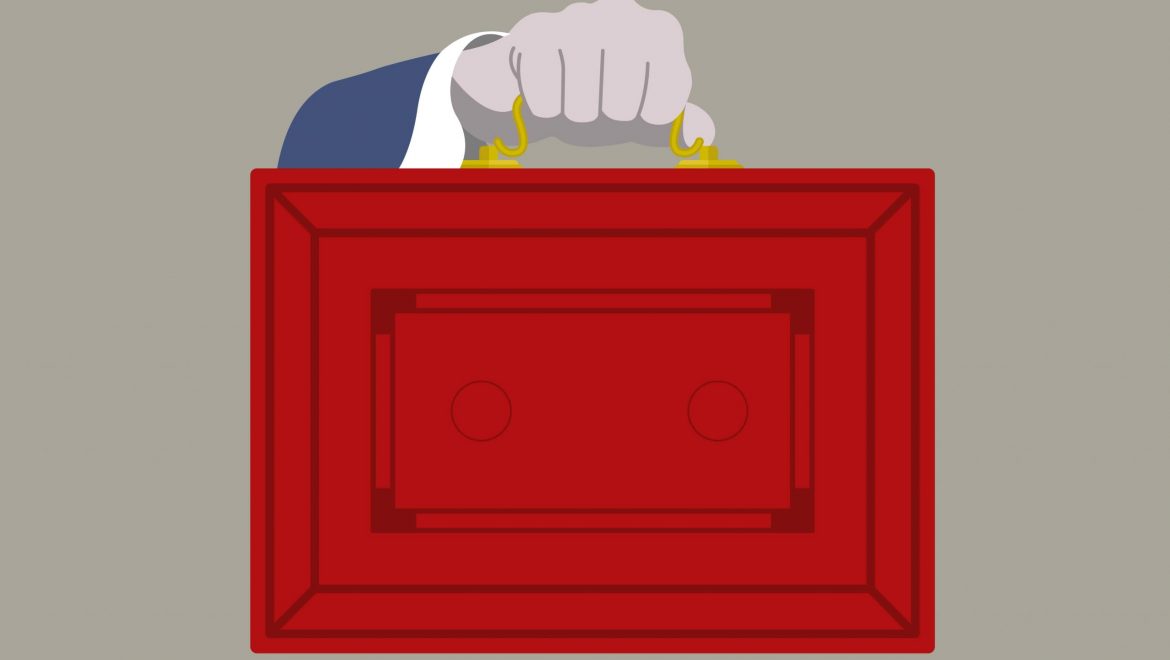Chancellor Phillip Hammond unveiled his 2017 budget last week; while news of the decreased growth predictions dominated headlines the budget also has an environmental impact. There were a variety of different measures in the budget that are designed to encourage environmental responsibility but there are also some changes, which could actually harm recent progress on the environment. Here are some of the key policies and issues that effect the environment from this year’s budget.
Plastics Tax
Building on the success of the carrier bag charge, the treasurer will now consider the use of a similar charge on other single use plastic items such as takeaway packages and cutlery. The hope is that such a charge will help decrease the amount of plastic waste and reduce the environmental effect upon the oceans. This is a serious problem that has become more prominent in recent months. As we’ve shown it can cause serious harm to many species in the ocean. It is an ambitious policy but has been widely welcomed by environmental campaigners. The current 5p charge on carrier bags has helped reduce their usage by 85%. So if a similar rate could be achieved through a more general plastics tax then it would see a huge reduction in the amount of plastic ending up in the oceans.
Clean Air Fund
Air pollution is a growing issue throughout the UK and the chancellor has created a new fund, which aims to help local authorities reduce the effects of pollution. The new Clean Air Fund is being established with £220 million of funding. This money is earmarked for use by local authorities to deliver clean air targets. However this policy is already facing some backlash from environmental groups. Tony Lewis, head of policy at the Chartered Institute of Environmental Health welcomed the announcement of the fund but described the amount of money as ‘a drop in the ocean’ and encouraged the government to go further.
Transport
Transportation is important for economic growth but it does have a large negative effect upon the environment. Diesel fuelled vehicles are arguably the largest problem on our roads. They may be more efficient than petrol but diesel engines pump out sooty particles that have been linked to 40,000 deaths each year in the UK. The chancellor is therefore attempting to encourage car manufacturers to further reduce the emissions of diesel vehicles by increasing tax when buying a new diesel car that does not meet its claimed emissions standard in a real-life test. This could add a maximum of £500 to Vehicle Excise Duty in the first year. It will not apply to second-hand cars and all vans are also exempt. The funds from this policy are to be reinvested into the clean air fund.
As well creating an economic disincentive for using diesel cars the Chancellor has also endorsed the change to electric vehicles. There will £340 million set aside in order to upgrade the current electric vehicle infrastructure and to further support subsidies for purchasing. On top of this £40 million will be invested in research to further develop electric vehicle technology. This policy aims to increase the amount of electric vehicles on the road, which should help reduce emissions from road transport. In order to further show a commitment to electric vehicles the government will aim to make 25% of departmental fleets electric.
Renewable Energy
Hidden in the details of the budget but not formally announced is a damning plan for the future of the renewables sector. There will be no new tax levies to support renewable energy developments until 2025. This is a move that some environmental campaigners have criticised but the Renewable Energy Association is looking for further clarification. Some areas like solar and wind have already become cheaper and new developments are less reliable on government subsidies. However, the government needs to clarify how developing technologies like tidal and advanced waste-to-energy will be supported. This is problematic because in order to move away from fossil fuels there needs to be a diverse renewables sector and failing to invest in new technologies will endanger a fossil fuel free future.
Oil and Gas
The budget is also providing tax breaks for the North Sea oil and gas industry. In recent years the industry has gone into some decline because of the falling price of oil. The tax break will work by allowing the tax history of oilfields to be transferred to new owners, which will allow for a greater relief claim when decommissioning the oilfield. At a time when we need to move away from fossil fuels this will only increase climate emissions. It is bad for the environment but may help stabilise the oil and gas sector in the UK.
Overall the budget has some very interesting environmental proposals within it but there are clearly elements that go against this and limit the overall positive effect on the environment of this budget.
What do you think about the changes in the budget? Will they have a positive impact on the environment? Share your thoughts in the comments and on our social media pages.
